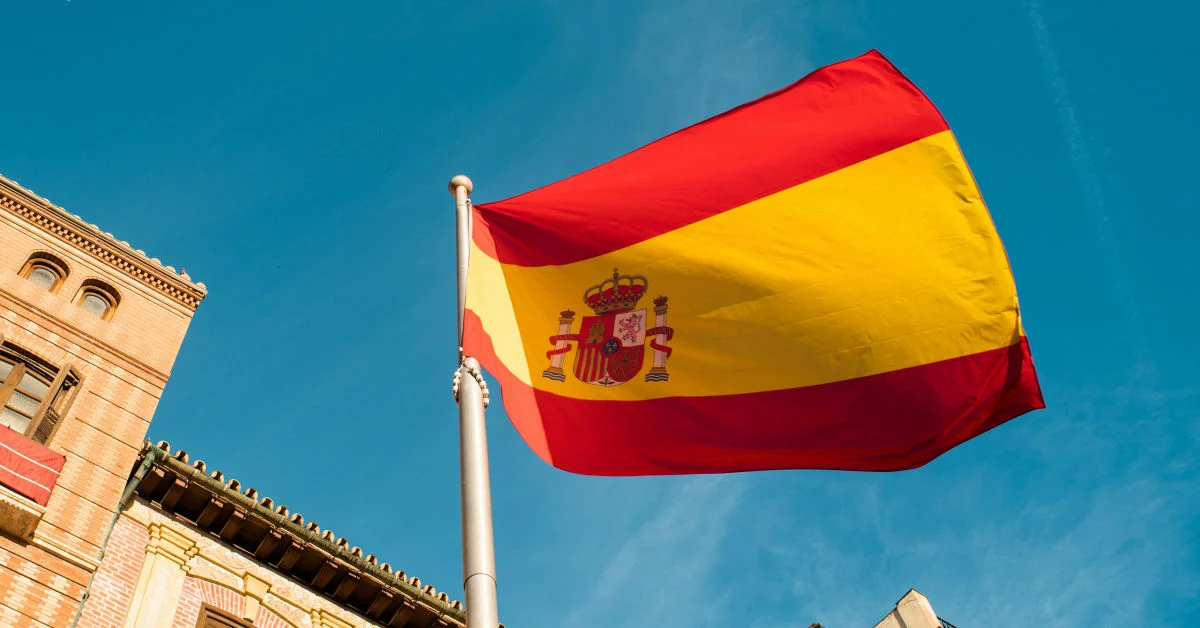As of April 3, 2025, the Spanish Golden Visa Program is officially a thing of the past. In a move that marks a pivotal shift in Spain’s immigration and housing policy, the government has ceased issuing new golden visas to non-EU nationals seeking residency in exchange for financial investment. The end of this influential program has stirred conversations not only within Spain but across the Schengen Zone, impacting global investors, immigration advisors, and anyone interested in European real estate.
The Spanish Golden Visa Program had been a prominent gateway for wealthy individuals to secure residency in Spain—and by extension, visa-free access to the entire Schengen Area—since its inception in 2013. Over the years, the program played a significant role in shaping Spain’s real estate market and economic outlook. But with rising concerns over housing affordability and urban gentrification, Spanish lawmakers have decided to bring the curtain down.
Let’s delve into the full story behind the end of the Spanish Golden Visa Program, what led to this major policy shift, and what it means for the future of investment immigration in Europe.
📜 What Was the Spanish Golden Visa Program?
The Spanish Golden Visa Program was launched in 2013 under the leadership of then-Prime Minister Mariano Rajoy. Designed to attract foreign capital, the scheme allowed non-EU nationals to gain Spanish residency rights by investing at least €500,000 in Spanish real estate, business ventures, public debt, or bank deposits.
This program was part of a broader European trend where countries like Portugal, Greece, and Malta also introduced similar initiatives to revitalize post-crisis economies by luring high-net-worth individuals.
With residency, investors and their families gained:
- The right to live and work in Spain
- Visa-free travel across all Schengen Area countries
- A potential path to long-term residency and even Spanish citizenship
Since its creation, the Spanish Golden Visa Program has issued a total of 14,576 visas, most of them tied to property investments.
🏡 Real Estate Dominated: 95% of Visas Issued Through Property Investment
While the Spanish Golden Visa Program offered multiple investment avenues, a staggering 95% of applicants chose the real estate investment route. Popular destinations included:
- Madrid
- Barcelona
- Malaga
- Balearic Islands
- Alicante
- Girona
- Valencia
This trend underscored how deeply the golden visa scheme was linked to Spain’s booming property market, especially in urban and coastal regions. These areas saw significant spikes in housing prices, much of it attributed to foreign investment inflows.
📈 Who Benefited Most? A Look at the Top Nationalities
The primary recipients of the Spanish Golden Visa Program included nationals from:
- China
- United States
- United Kingdom
- Russia
- Venezuela
Chinese nationals led the pack for years, while Americans and Britons significantly increased their participation after Brexit and amid global economic uncertainties.
These investors typically purchased high-end urban apartments, luxury seaside villas, or entire residential buildings—often in cash—creating a housing market dynamic that many locals could no longer compete with.
💥 Why Was the Spanish Golden Visa Program Terminated?
The key reason for terminating the Spanish Golden Visa Program was the mounting housing crisis in Spain. The real estate investments driven by the program had:
- Inflated property prices in major cities
- Increased rental costs
- Reduced housing availability for local residents
- Encouraged speculative real estate behavior
In April 2024, Spanish Prime Minister Pedro Sánchez announced his government’s intention to make housing a “right, not a speculative business.” He emphasized the social cost of allowing real estate to become a commodity exploited by international capital.
“Tomorrow’s Council of Ministers is going to study a report to modify the law approved by the Popular Party in 2013, which allows obtaining a residence visa if you invest in housing in our country,” Sánchez declared.
This policy shift gained momentum over the months, leading to decisive legislative action.
🏛️ Legislative Approval and Final Termination
In December 2024, the Congress of Deputies (Spain’s lower house) approved the termination of the Spanish Golden Visa Program with 177 votes in favor and 170 against.
Following this vote:
- Organic Law 1/2025 was published in the Official State Gazette (BOE) on January 3, 2025
- The law specified that the golden visa scheme would end within three months
- The final effective termination date became April 3, 2025
While this gave investors a brief window to make last-minute applications, it effectively marked the end of an era.
🔢 Final Surge Before the Deadline
Despite Sánchez’s 2024 announcement, interest in the program remained high during its final year:
- According to Local Spain, between January and October 2024, about 780 golden visas were issued.
- Informal estimates suggest that an additional 500 golden visas may have been granted in the first quarter of 2025 alone.
This surge reflects the urgency among global investors to lock in benefits before the door closed. However, critics argued that this last-minute rush only exacerbated housing pressures.
🏘️ Impact on Spain’s Real Estate Market
The Spanish Golden Visa Program undeniably altered Spain’s urban landscape. Cities like Madrid, Barcelona, and Valencia saw gentrification, displacement of local communities, and rapid property value appreciation.
Now that the program is gone, several key outcomes are expected:
- A cooling down of luxury real estate prices
- Reduced foreign speculative activity
- Increased housing accessibility for locals
- New policies favoring affordable housing development
Real estate professionals warn, however, that while the termination might alleviate some pressures, long-term reforms will still be necessary to ensure sustainable housing growth.
🌍 What This Means for the Schengen Area and Other Programs
The end of the Spanish Golden Visa Program could trigger a ripple effect across the Schengen Zone. Countries like Portugal and Greece have already revised or scaled back their own golden visa offerings due to similar concerns.
Investors looking for alternatives may now consider:
- Greece’s Golden Visa Program, although it recently increased minimum investment thresholds
- Italy’s Investor Visa Program
- Malta’s Residency by Investment Scheme
- Latvia’s Real Estate Residency Program
However, these options are also under scrutiny as EU regulators push back against citizenship and residency schemes that potentially compromise regional integrity and inflate property markets.
For current visa holders under the Spanish Golden Visa Program, residency rights remain protected under transitional measures, but future renewals may be subject to stricter scrutiny.
🔮 What Comes Next for Spain?
Spain is now shifting its focus toward social housing, urban sustainability, and local economic development. The government plans to redirect funds previously tied to foreign investment incentives into domestic housing projects and infrastructure.
In parallel, Spain remains open to foreign talent and investment—just under more regulated and socially conscious frameworks. Business visas, digital nomad visas, and start-up residency options continue to offer viable paths for foreigners who want to live and work in Spain legally.
More information on Spain’s current immigration policies is available via the official Ministry of Inclusion, Social Security and Migration website.
📝 Conclusion
The termination of the Spanish Golden Visa Program marks a significant transformation in Spain’s approach to immigration, investment, and urban policy. While the program boosted Spain’s economy and attracted global investors for over a decade, its unintended consequences—particularly in the housing sector—ultimately led to its downfall.
As countries across Europe reevaluate the long-term costs and benefits of golden visa schemes, Spain’s bold move sets a precedent that others may follow. For investors, it’s a clear reminder that immigration pathways are deeply intertwined with social policy and public sentiment.
If you’re considering moving to Spain or investing in European real estate, now’s the time to explore new routes—and make sure you’re aligned with the region’s evolving priorities.
❓ Frequently Asked Questions (FAQs)
1. Can I still apply for the Spanish Golden Visa in 2025?
No, the Spanish Golden Visa Program officially ended on April 3, 2025. New applications are no longer accepted. However, existing visa holders may still renew their permits under transitional provisions.
2. What happens to current golden visa holders in Spain?
Current holders of the Spanish Golden Visa retain their residency rights. Renewal policies remain valid for now, but changes may occur depending on future legislative updates.
3. What are the best alternatives to the Spanish Golden Visa Program?
Investors may consider golden visa programs in Greece, Italy, or Malta, though investment thresholds and conditions vary. Always consult a qualified immigration advisor to find the best fit.



